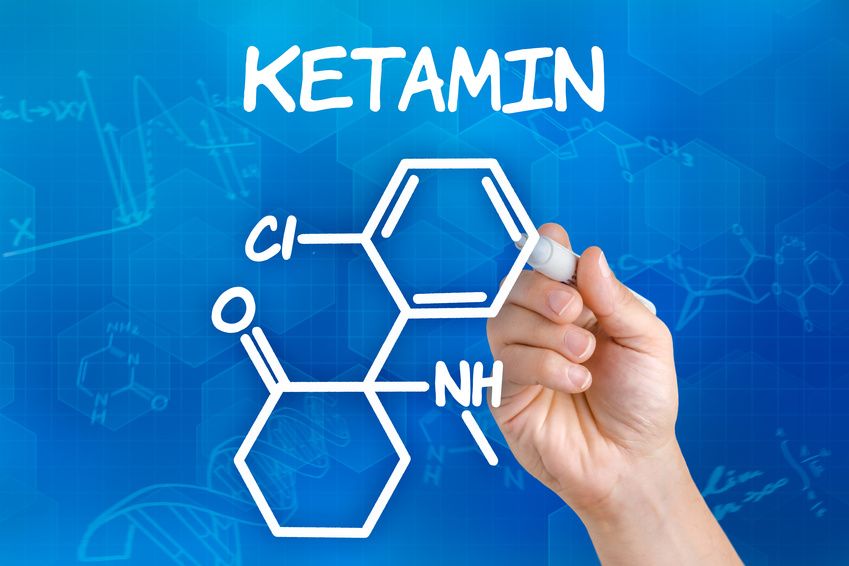
(Vienna, 12 September 2016) Vienna and MedUni Vienna are currently the hotspot for brain health: this coming friday, the very first "Brain Day" will be held for a lay audience in the Van Swieten Hall of the Medical University of Vienna. The following day will see the start of the largest European specialist congress for neuropsychopharmacology, the ECNP, in which a significant number of MedUni Vienna experts are taking part. One topic on the agenda is the use of ketamine in the treatment of depression. This anaesthetic, known from the field of surgery, very quickly brings people out of their depression and represses suicidal thoughts, explains Siegfried Kasper, Head of the Department of Psychiatry and Psychotherapy.
"Ketamine works in just 10 – 20 minutes and lifts the mood," explains Kasper, who was also responsible for bringing the ECNP Congress to Vienna around 20 years ago. For decades now the drug ketamine has been used as an anaesthetic for surgical procedures. However, it was notable that patients who have been anaesthetised with 600 – 800 mg/kg ketamine felt much better the day after the operation than patients who have been given a different anaesthetic.
Its use was therefore adapted for psychiatric purposes – in doses of up to 50 mg/kg twice a week – and it is now regarded as the new silver bullet for combating depression. MedUni Vienna is playing a significant part in the development of this therapeutic agent and is one of the leading sites: it is currently researching a ketamine-based nasal spray. The advantage: "This will help us to protect the liver."
Ketamine restores the balance in the brain
Ketamine works by levelling out a disrupted glutamate-GABA balance in the brain: Glutamate is of key importance, particularly in the brain, and plays a significant role in motor control, sensory perception and also memory. GABA (Gamma-AminoButyric Acid) is an inhibitory brain neurotransmitter. When it docks onto receptors, it reduces neuronal excitability. GABA can therefore be regarded as the antagonist of glutamate. In people suffering from depression or anxiety states, this balance is disrupted and can be restored by ketamine.
Event: Brain Day on 16 September 2016
One day before the start of the international specialist congress in the Austria Center Vienna, "Brain Day" will take place in the Van Swieten Hall at MedUni Vienna and is aimed at a lay audience (13:00 – 18:30 hours). Experts from the Medical University of Vienna and international speakers will report on the latest findings in areas such as "anxiety and depression", "dementia" or "ADHD in children, young people and parents". The day will end with a public round-table discussion chaired by Siegfried Kasper. Admission is free. Detailed programme available at: www.brainday2016.at.
29th ECNP Congress Vienna
The annual congress of the ECNP (European College of Neuropsychopharmacology) will take place on 17 – 20 September in the Austria Center Vienna, with up to 6,000 attendees. For information: http://www.ecnp-congress.eu/